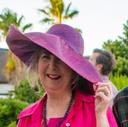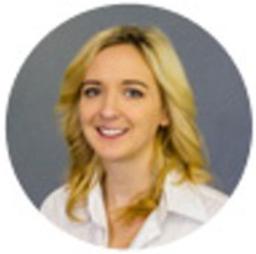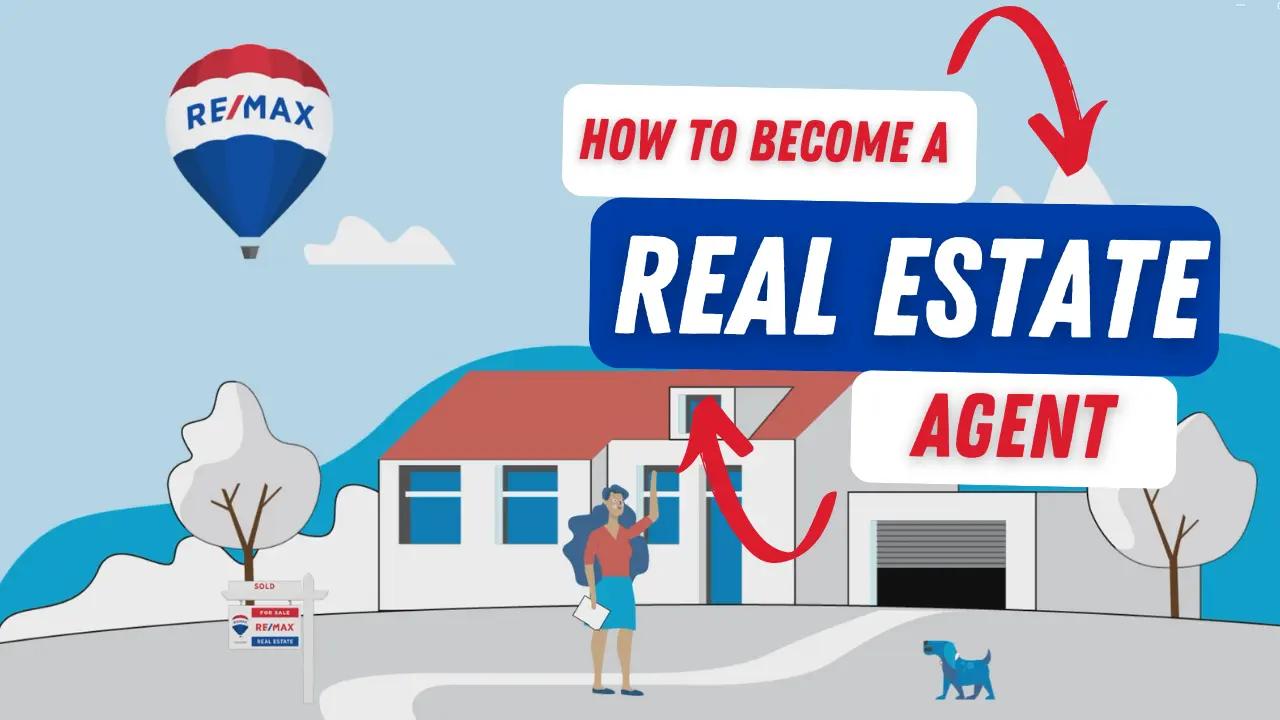There is a lot more to being a real estate agent than sales. Property is a complex and diverse field. When you embark on a career in this field, there are many courses on offer which can make it tricky to choose the course of study that will give you a firm foundation on which to build your professional presence in the industry.
A reminder:
With the promulgation of the Property Practitioners Act, a new regulatory authority, the Professional Practitioners’ Regulatory Authority (PPRA), replaced the Estate Agency Affairs Board. Many of the certification requirements remain the same: All practising estate agents in South Africa must complete a professional designation exam – PDE 4 for agents and PDE 5 for principals. But, from 1 July 2024 onwards, all new-to-real-estate entrants must register with a Skills Development Provider (SDP) that has been recognised by the Quality Council for Trades and Occupation (QCTO) and that offers an Occupation Certificate (OC) NQF level 4 qualification in Real Estate.
Some institutions that can assist with the OC Real Estate include:
- Brain Trust Business training
- Itakane Training Academy
- Isikolo School of Learning
- PropAcademy
- Charter Academy
- Business and Auction Academy
- Applecherry Real Estate Business Development and Training
Online versus in person learning
Each institution will have its own way of offering the real estate course. Some might be online, some might offer in-person training, and others might be a hybird. Enquire with a Skills Development Provider (SDP) to find out how their course is structured and whether this will suit your learning style and fit in with your lifestyle.
A selection of university courses in Real Estate and Property
Should you choose to do so, there are a few univiersity courses in real estate which provide a much broader scope of the real estate industry overall. However, in order to practice as a real estate agent specifically, you will need an Occupation Certificate (OC) NQF level 4 qualification in Real Estate so that you can register with the PPRA and receive a FFC. It is advisable to enquire at the university whether this falls part of the qualification or not. To find out more about any of these courses, please contact the institution directly.
Some univiersity courses include:
University of Witwatersrand – Bachelor of Science Construction Studies (in the field of Property Studies):
The curriculum of this full-time degree course, in addition to offering the opportunity to speacialise in corporate real estate and facilities management, encompasses the broad property business, including finance, investment, development, and valuation. For acceptance into the course, candidates must have an admission point score (APS) of more than 36 as well as English home language or first additional language and Mathematics - both at Level 5.
University of Pretoria – Bachelor of Science in Real Estate:
Like all bachelor’s degrees in South Africa, this is a three-year course at NQF level 7 that focuses on fixed property including economics, development valuation, financing and marketing. To apply for the course, you must have a National Senior Certificate with a bachelor’s pass and in addition to English home language or English first additional language, you must have passed mathematics and physical sciences or accounting.
University of Cape Town - Bachelor of Science in Property Studies:
This course aims to give students a broad foundation in economics, property law, valuation and development. In addition to communication and computer skills, and of particular interest to real estate agents, this degree pays attention to evaluating and structuring finance for property investments, assessing feasibility and risk in property developments, valuing property assets and managing property portfolios. This degree – with experience – is accepted by the South African Council for the Property Valuers Profession (SACPVP). Successful students can progress from bachelors to honours and master’s degrees. Entry requirements for this bachelor programme include either another degree or a Bachelor’s pass National Senior Certificate with mathematics.
Cape Peninsula University of Technology - Diploma in Real Estate
This three-year diploma in real estate is geared for careers in property, generally, as well as valuation. Graduates with experience can apply for registration with the SACPVP. For admission to the diploma in real estate, applicants must have an NSC with specified pass marks in English, mathematics and either economics, business economics or accounting. For mature students, there is an option to apply for this course using a recognition of a prior learning path which may or may not grant them exemptions from certain parts of the learning programme. You can study this three-year diploma course either full-time or via distance learning.
Continuous Development Courses: Accredited institutions and short courses
There are many short courses in real estate that can help practising real estate professionals earn continuous development (CPD) points. These courses tend to focus on niche areas of interest, and/or are a good way of updating your knowledge. When looking at short courses, bear in mind the following important guidelines:
All qualifications in South Africa are pegged on the National Qualifications Framework (NQF) and this includes the PDE. For real estate courses and qualifications to be properly registered and approved by the PPRA, they must be offered by institutions that are accredited by the relevant education and training authority:
- The Council for Higher Education which accredits and quality assures universities
- The Quality Council for Trades and Occupations which quality assures training by organisations accredited by the Services SETA under which the real estate profession falls
For more information about how to become a property practitioner and if you’d like to become a property agent, please contact your nearest RE/MAX office.
Have more unanswered questions? Here are some related questions – and answers – that might help…
Do estate agents get a basic salary?
No, estate agents don’t usually get a basic salary but rather earn commission based on each sale. However, this depends on the agreement between the individual and the agency or franchise with which they work.
How much does a property agent make in South Africa?
The average income for an estate agent in South Africa will fluctuate depending on sales because it is based on the commission they earn. Their earning potential is determined by the number of sales they make and the price point at which they’re selling homes.






